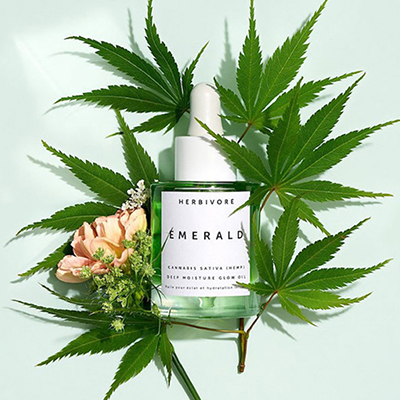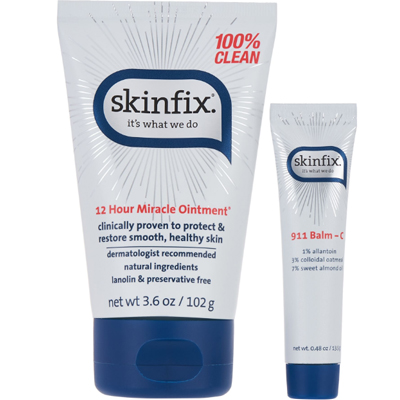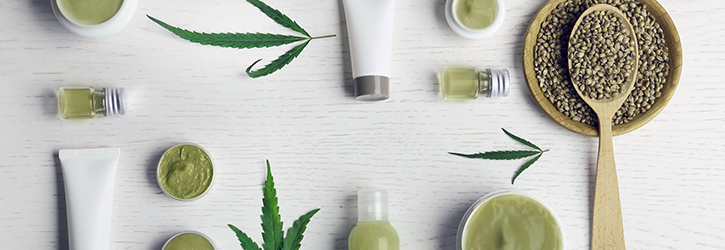The market for naturally positioned personal care products grows at a rapid pace of about 10% in 2018. It is primarily driven by ingredient trends, product efficacy, and brand ethics.
Skin care products make up the largest product category in the market, as the naturals movement in beauty is largely tied to wellness. One of the drivers of growth in skin care is the use of cannabis. Some of the new brands entering the market that focus on the inclusion of cannabis in facial skin care include High Five and Cannuka. Existing brands also launch cannabis-infused skin care products, such as Herbivore’s Emerald Cannabis Sativa Hemp Seed Deep Moisture Glow Oil.

Herbivore’s Emerald Cannabis Sativa Hemp Seed Deep Moisture Glow Oil
Cannabis is also popular in hair care brands such as Emera and CBD For Life. The brand Milk Makeup also experiences popularity throughout the year due to its Kush line, featuring a mascara, brow gel, and lip mask, and looks to continue expanding the line in 2019. Despite being a trendy ingredient, confusion and controversy still surround cannabis, making it imperative for marketers to provide more education to consumers.

Milk Makeup’s Kush Lip Balm
Although beauty brands have yet to make clinical product claims relative to its inclusion, cannabis has many known therapeutic properties, such as sebum/acne control and anti-inflammation. This drives brands in the naturals market to innovate results-driven products to compete with both cannabis and conventional brand offerings. Juice Beauty products are infused with high levels of organic antioxidants to ensure the effectiveness of its products. Skinfix is another brand that uses natural ingredients and competes with many dermatologist-recommended brands in the conventional market. The brand launches the 911 Balm-C and the 12 Hour Miracle Ointment in 2018 to compete with Aquaphor’s Healing Ointment.

Skinfix’s 12 Hour Miracle Ointment and 911 Balm-C
Some brands that look to compete with dermatologist-recommended brands and products must sometimes sacrifice naturalness for efficacy, leading to greenwashing in the market. Our custom-designed Natural Rating System (NRS) allows us to rank naturally positioned brands into natural-inspired vs. truly natural. In our Natural Personal Care: U.S. Market Analysis and Opportunities, each brand is rated on a scale of 1 to 10, with 1 being synthetic and 10 being completely natural or organic. This allows us to divide the whole market into truly natural vs. natural-inspired to determine the growth rates and size of the naturalness level of the market.
Regardless of a brand’s naturalness rating, the ethics surrounding a brand are key to growth. Sustainable packaging is important to many consumers in the market, while ethically sourcing ingredients has also come to the forefront. Brands such as Dr. Bronner’s and the Body Shop provide full sourcing disclosure, allowing interested consumers to find out more about the people and regions from which ingredients come. Meanwhile, brands package products in easily recyclable containers; one example is Seed Phytonutrients, curated in-house by L’Oréal, which uses paper packaging.
Natural Personal Care: U.S. Market Analysis and Opportunities is an in-depth assessment of the dynamic market for naturally positioned, clean, and organic beauty and personal care products. The study explains the key differences between “truly natural” and “nature-inspired” products as well as profiles some of the fastest-growing natural personal care brands alongside many other market dynamics. This analysis is further complemented by our just-published Consumer CBD Products: U.S. Market Analysis and Opportunities, a comprehensive qualitative analysis of consumer-use cannabidiol (CBD) health and beauty products, regulatory and legal status, currently available products, marketing channels, and outlook for CBD-based products.

